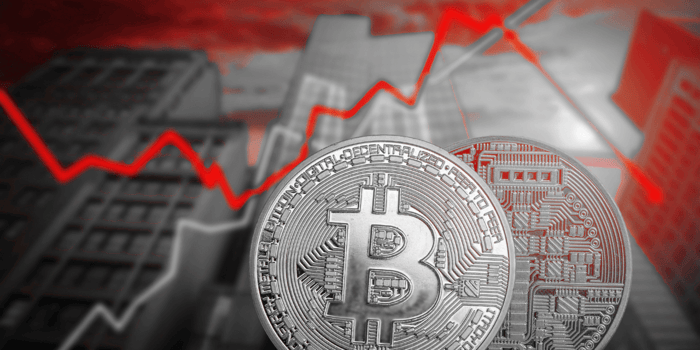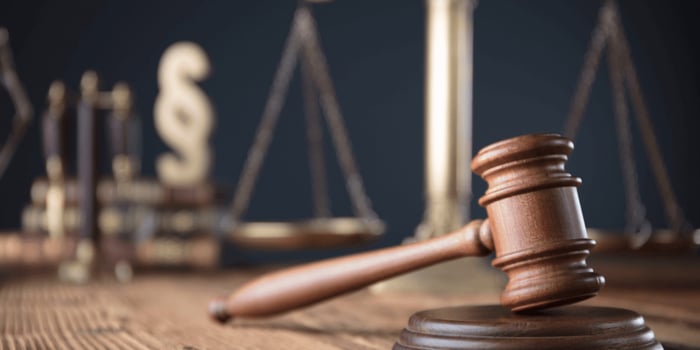Three news to start your week: June 17
Former TD employee in Florida accused of opening fraudulent accounts
(Bloomberg)
A former TD Bank employee has been reported to have falsified documents to open dozens of accounts and provided services to help move money across borders.
Gerry Aquino Vargas, the ex-retail banker in Hollywood, Florida, allegedly accepted bribes to assist clients in transferring millions to Colombia while bypassing anti-money-laundering measures.
TD Bank responded by acting against the employees involved, cooperating with the Department of Justice, and expressing their commitment to holding leaders accountable and implementing necessary changes to meet their obligations.

Terraform Labs to pay $4.5bn in SEC fraud case
(Financial Times)
Terraform Labs, the company responsible for the $40 billion TerraUSD digital token collapse in 2022, has agreed to pay $4.47 billion in a case initiated by the US Securities and Exchange Commission (SEC). This settlement marks another significant cryptocurrency company facing substantial penalties in the United States.
The collapsed stablecoin operator and its CEO, Do Kwon, were found liable by a New York jury in April following a civil case brought forth by the SEC. The SEC accused them of orchestrating a cryptocurrency fraud scheme that resulted in billions of dollars in losses.
According to documents submitted to the Manhattan federal court on Wednesday, Terraform has consented to pay $4.47 billion in monetary penalties and will be prohibited from participating in any crypto asset securities transactions.

US Supreme Court rejects bankruptcy refund that would have cost $326 million
(Reuters)
The US Supreme Court has ruled that bankrupt companies are not entitled to reimbursement to compensate for a disparity in bankruptcy fees that persisted from 2018 to 2020. The decision underscores that US taxpayers should not bear the burden of hundreds of millions of dollars of refunds.
The court concluded that Congress had intended to implement uniform rate increases and had already dealt with the disparity by raising rates in two states that briefly charged lower fees. Providing refunds to every debtor in the other 48 states, where 98% of large bankruptcies were filed, would have incurred a cost of $326 million to taxpayers and caused "extreme disruption" to bankruptcy courts nationwide, as Justice Ketanji Brown Jackson articulated in writing for the majority.





